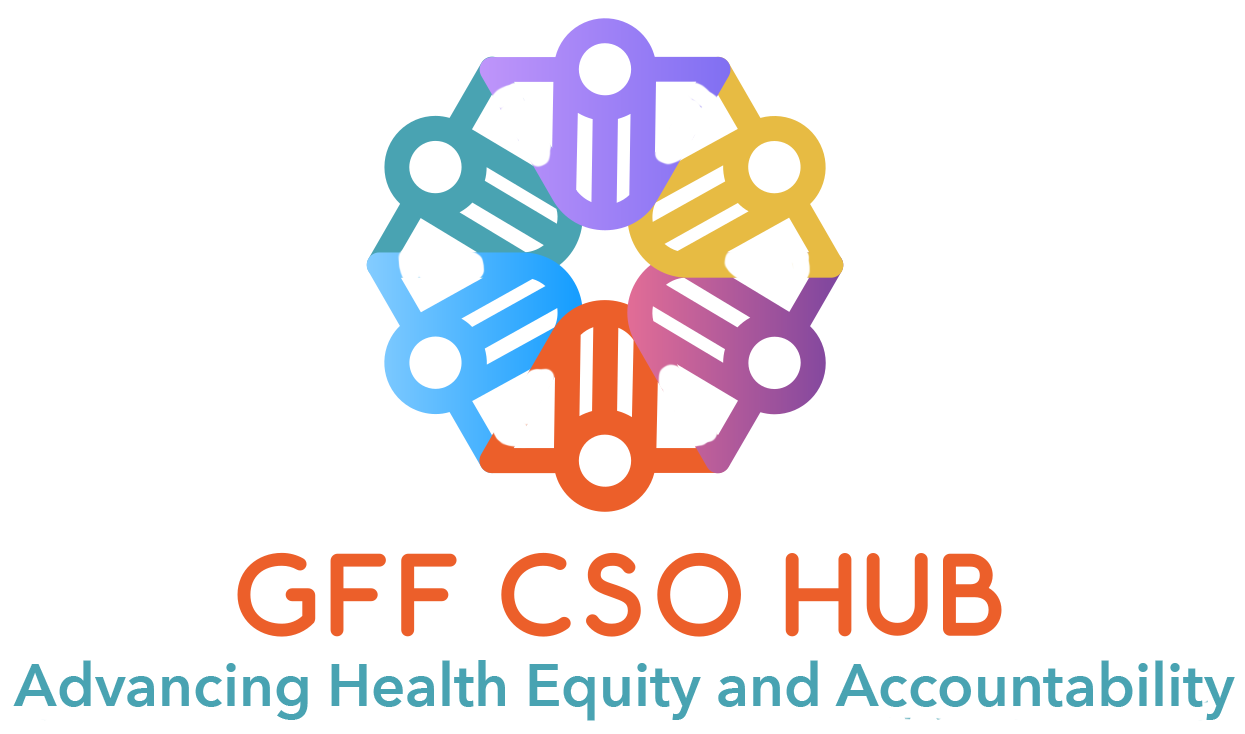In 2014, the Global Financing Facility for Women, Children and Adolescents (GFF) was announced, targeting countries with the highest burden of maternal and child mortality. The aim of the funding is to ensure targeted efforts toward interventions that will reduce preventable maternal, newborn, child and adolescent deaths and improve their overall health, leading to a better quality of life. Kenya is among the four initial front-runner countries. Kenya’s reproductive, maternal, newborn, child and adolescent health and nutrition (RMNCAH+N) investment framework was completed in January 2016. The framework development process was consultative and inclusive, bringing together a diverse range of stakeholders, including civil society. Implementation of the framework started in fiscal year 2016/17.
This case study was commissioned by PAI on behalf of the Civil Society GFF Resource and Engagement Hub (CSO GFF Hub) and civil society members represented by the Health NGO Network (HENNET) in Kenya. It reviews and captures the progress made in ensuring domestic and external resources are mobilized for RMNCAH+N interventions; how the process has catalyzed prioritization of RMNCAH+N within decentralized systems; improvements in the health indicators; engagement and coordination of all the actors including civil society and other stakeholders; and enhancement of mutual accountability across all the actors.
 Back to Resource Hub
Back to Resource Hub 
